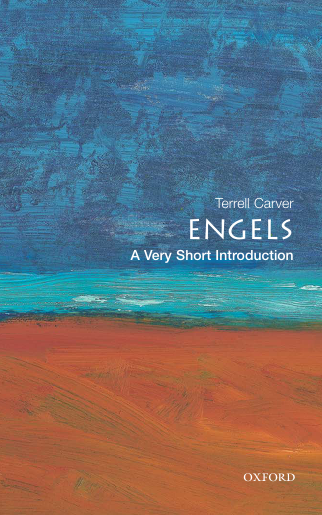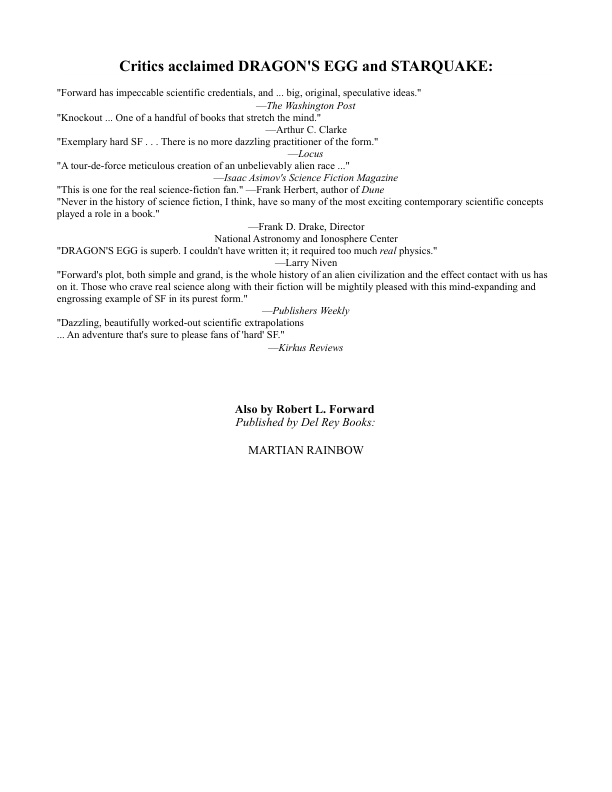It is by no means absurd to say that Engels invented Marxism. His work did more than Marx’s to attract and make converts to the most influential political movement of modern times. He was not only the father of dialectical and historical materialism–the official philosophies of history and science in many communist countries–but was also the first Marxist historian, anthropologist, philosopher, and commentator on early Marx. In his later years Engels developed his materialist interpretation of history, his chief intellectual legacy, which has had revolutionary effects on the arts and social sciences. Terrell Carver traces its source and its effect on the development of Marxist theory and practice, assesses its utility, and discusses the difficulties which Marxists have encountered in defending it
 کتاب سل Ketab Sell | کتاب سل، بزرگترین منبع کتاب و جزوههای دانشجویی
کتاب سل Ketab Sell | کتاب سل، بزرگترین منبع کتاب و جزوههای دانشجویی









Reviews
There are no reviews yet.